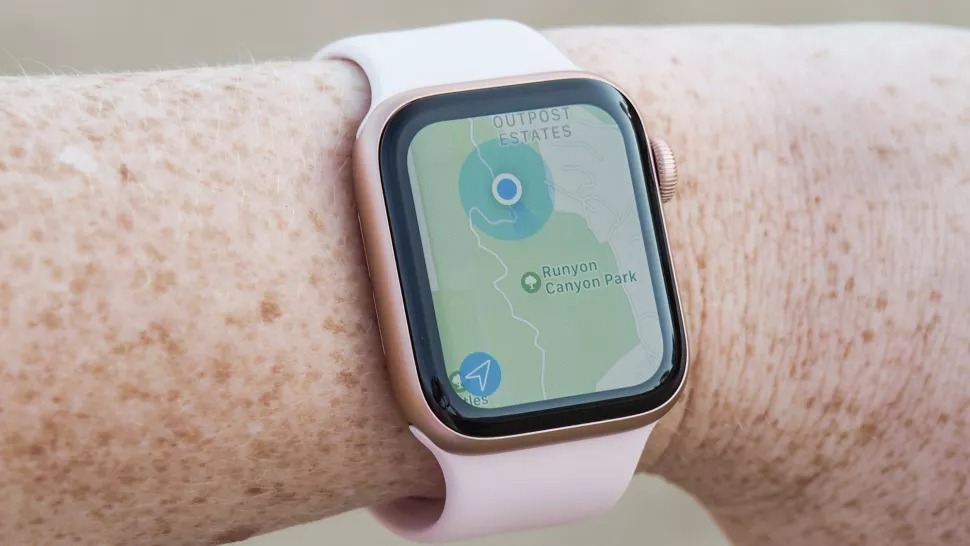How much personal data are your Android and iOS apps collecting? New study reveals the scary truth
Time to change your privacy settings

A new study about how much personal and private information location tracking apps gather has shown the extent of sensitive information being taken. Spoiler warning: It might be time to turn your location data off.
Two researchers, Mirco Musolesi from the University of Bologna in Italy and Benjamin Baron from University College London in the UK, published new findings that identified the personal information being taken from location tracking apps using their very own TrackingAdvisor app.
- ExpressVPN finds location trackers in 450 malicious apps with billions of downloads
- Best smartphones in 2021
- What is a VPN, and why you should be using one
The app continuously collected user location data and extracted personal information, which select users in the study would then rate in terms of privacy sensitivity. The results weren't pretty.
A total of 69 users took part, using the TrackAdvisor app for at least two weeks. During the time period, more than 200,000 locations were tracked, which identified nearly 2,500 places and collected around 5,000 pieces of personal information concerning demographics and personality. The study revealed that users thought the most sensitive data that was taken via the app were about their health, socio-economic situation, ethnicity, and religion. All just from having the permission turned on.
"We think it is important to show users the amount and quality of information that apps can collect through location tracking", researcher Musolesi said. "Equally important for us is to understand whether users think that sharing information with app managers or marketing firms is acceptable or deem it a violation of their privacy."
Musolesi also states that this study could help shed light on the "development of systems that can automatically block the collection of sensitive data from third parties thanks to previously defined privacy settings." This means more applications can bring attention to having location settings on, and exactly what data is being taken, or show what violates a user's privacy.
The study, called "Where You Go Matters: A Study on the Privacy Implications of Continuous Location Tracking" was published in the journal "Proceedings of the ACM on Interactive, Mobile, Wearable and Ubiquitous Technologies," and you can read more into it right here.
Turn off location trackers
ExpressVPN also did a deep dive into apps with location trackers, only to find each one had malicious software development kits (SDK), meaning user's movements are being monitored. What's worse, the apps have billions of downloads.
For those who don't like their private information being gathered, it's a good idea to go into your smartphone's location settings and change each apps' permission that gives them access to your location. Or turn off location altogether.
If you prefer to mask your location data instead, that's when a VPN comes in handy. Not sure what it does? Well, here's everything you need to know about a VPN.
Sign up to receive The Snapshot, a free special dispatch from Laptop Mag, in your inbox.

Darragh Murphy is fascinated by all things bizarre, which usually leads to assorted coverage varying from washing machines designed for AirPods to the mischievous world of cyberattacks. Whether it's connecting Scar from The Lion King to two-factor authentication or turning his love for gadgets into a fabricated rap battle from 8 Mile, he believes there’s always a quirky spin to be made. With a Master’s degree in Magazine Journalism from The University of Sheffield, along with short stints at Kerrang! and Exposed Magazine, Darragh started his career writing about the tech industry at Time Out Dubai and ShortList Dubai, covering everything from the latest iPhone models and Huawei laptops to massive Esports events in the Middle East. Now, he can be found proudly diving into gaming, gadgets, and letting readers know the joys of docking stations for Laptop Mag.
